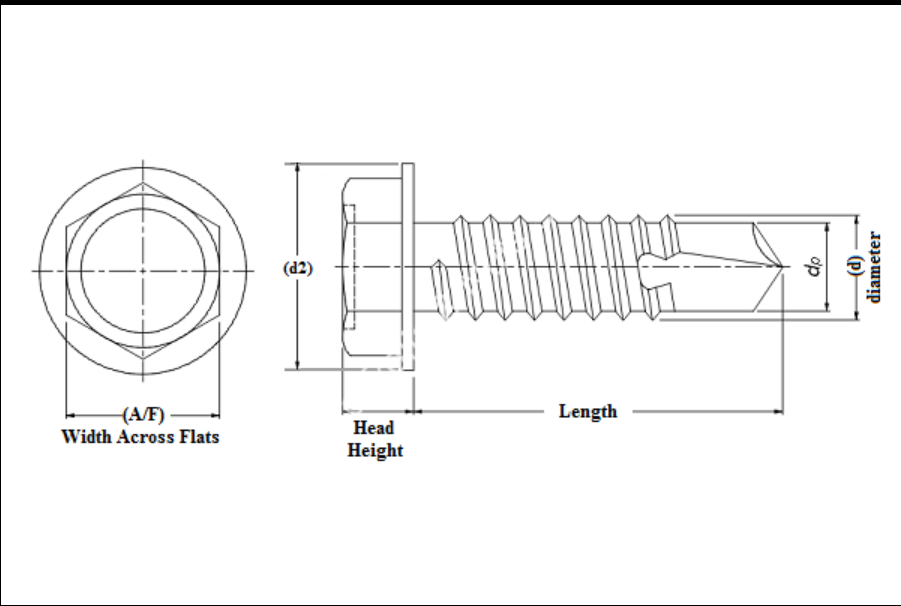Spring Washer and Flat Washer Manufacturing Solutions for Optimal Performance
Understanding Spring Washer and Flat Washer Manufacturers
In the realm of fastening technology, spring washers and flat washers play a crucial role in ensuring the durability and reliability of various mechanical assemblies. These components serve different purposes but are often used together in applications where vibration and motion are present. This article delves into the significance of spring washer and flat washer manufacturers, highlighting their contributions to multiple industries, including automotive, aerospace, and construction.
What Are Spring Washers and Flat Washers?
Spring Washers Also known as wave washers, these are designed with a slight arch or wave shape, which allows them to compress under load. This design provides a constant force that secures the connection, making spring washers particularly effective in applications where there is a risk of loosening due to vibration or thermal expansion. They are commonly utilized in bolts, nuts, and screws to prevent them from backing out.
Flat Washers These are round, flat discs used primarily to distribute the load of a threaded fastener over a larger surface area. Flat washers help to reduce friction, prevent damage to the surface of the material being secured, and protect the assembly from corrosion. Their simplicity and functionality make them a staple in various mechanical designs.
The Role of Manufacturers
Manufacturers specializing in spring and flat washers are crucial in the supply chain of numerous industries. Their responsibilities extend beyond merely producing these components; they must also ensure that the products meet specific standards and specifications required by their respective industries.
1. Quality and Standards Leading manufacturers adhere to stringent quality control measures and industry standards set by organizations such as ISO (International Organization for Standardization) and ASTM (American Society for Testing and Materials). This compliance guarantees products are durable and reliable. Manufacturers often invest in advanced technologies and equipment to produce washers that meet or exceed these standards.
2. Material Selection The choice of materials is pivotal in washer manufacturing. Common materials include stainless steel, carbon steel, nylon, and brass, each offering different levels of corrosion resistance, strength, and flexibility. Renowned manufacturers carefully select and test these materials to ensure that their products meet the performance requirements of specific applications.
3. Customization In many cases, clients require customized washers to fit unique specifications. Reputable manufacturers offer bespoke services, allowing for adjustments in size, thickness, and material. This flexibility enables engineers to solve specific challenges in their designs, ensuring optimal performance and safety.
spring washer flat manufacturer

4. Research and Development The industry landscape is continually evolving, driven by advancements in technology and the introduction of new materials. Leading spring and flat washer manufacturers invest in research and development (R&D) to innovate and enhance their product offerings. This focus helps them stay competitive and meet the changing demands of their clients.
5. Sustainability Practices As environmental concerns become more prevalent, many reputable manufacturers are adopting sustainable practices. This may involve using recycled materials, minimizing waste during production, and implementing energy-efficient processes. Such initiatives not only reduce their carbon footprint but also appeal to clients who prioritize sustainability in their supply chains.
Choosing the Right Manufacturer
When selecting a manufacturer for spring and flat washers, several factors should be considered
- Experience Look for manufacturers with a proven track record and extensive experience in the industry. Their expertise often translates into higher-quality products. - Reputation Research customer reviews and testimonials to gauge the reputation of the manufacturer. A solid reputation is often indicative of quality and service reliability.
- Technical Support Choose a manufacturer that offers robust technical support. This can include guidance on the right products for specific applications and troubleshooting assistance.
- Lead Time and Delivery Timeliness is critical in any production environment. Assess the manufacturer's lead times and their ability to meet your delivery requirements.
Conclusion
Spring washers and flat washers are essential components in numerous mechanical applications. The role of manufacturers in producing these parts cannot be overstated as they ensure that the washers are of high quality, made from appropriate materials, and delivered on time. By focusing on innovation, customization, and sustainability, leading manufacturers continue to advance the fastening industry and meet the evolving needs of their clients across various sectors. Whether for automotive applications, construction projects, or delicate aerospace components, the significance of choosing the right manufacturer for spring and flat washers is paramount in ensuring the longevity and effectiveness of any mechanical assembly.
-
Top Choices for Plasterboard FixingNewsDec.26,2024
-
The Versatility of Specialty WashersNewsDec.26,2024
-
Secure Your ProjectsNewsDec.26,2024
-
Essential Screws for Chipboard Flooring ProjectsNewsDec.26,2024
-
Choosing the Right Drywall ScrewsNewsDec.26,2024
-
Black Phosphate Screws for Superior PerformanceNewsDec.26,2024
-
The Versatile Choice of Nylon Flat Washers for Your NeedsNewsDec.18,2024










